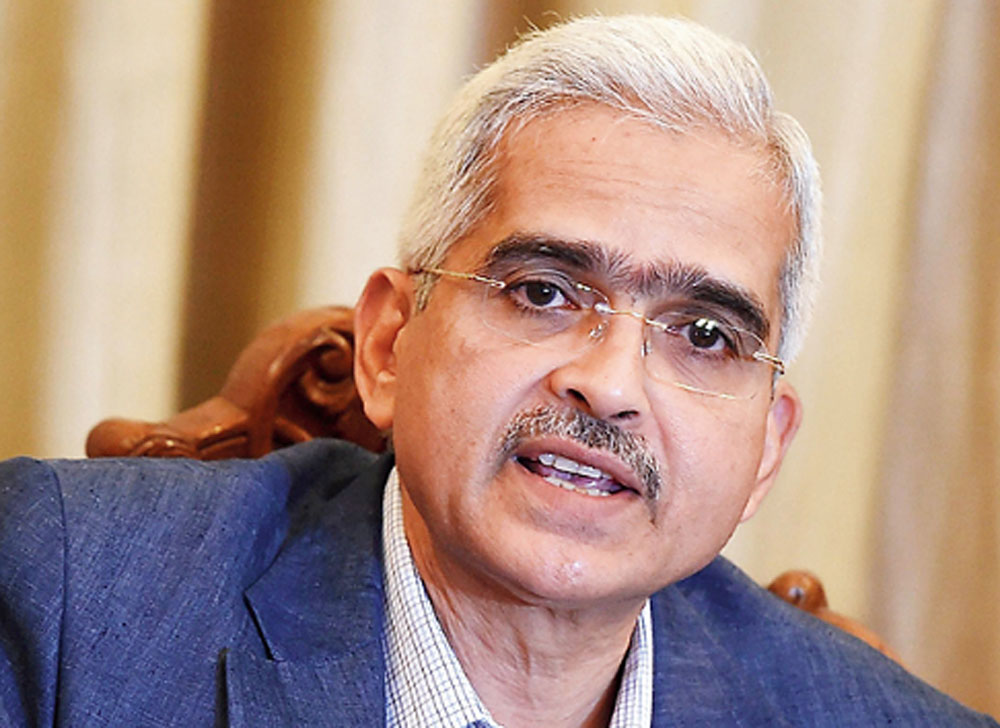Reserve Bank of India (RBI) governor Shaktikanta Das on Friday questioned whether it was appropriate for the US Treasury to accuse other countries of currency manipulation when institutions such as the International Monetary Fund (IMF) are responsible for keeping a tab on exchange rates.
Since 2015, the US Department of Treasury has been releasing a report where it identified countries that were currency manipulators on the basis of three criteria — bilateral trade surplus with the US of at least $20 billion, a current account surplus of at least 2 per cent of GDP and net purchases of foreign currency in six of the 12 months adding to at least 2 per cent of an economy’s GDP over a 12-month period.
A country is put on the monitoring list even if two of the three criteria are met. India was added to the currency watch list in 2018. However, it was recently removed from that list.
While questioning how some countries call others currency manipulators, he said such labeling should not be a bilateral prerogative as there are multi-lateral institutions like the IMF to do such policing.
“The best way forward”, Das said, is to strengthen existing institutions such as the IMF and make them more “relevant and trusted”.
The RBI governor was speaking at a book release function of V. Srinivas (a civil servant who was the former adviser to the executive director of IMF) on “India’s Relations with the International Monetary Fund” in the capital on Friday.
“A question that crops up is why has labelling become a bilateral prerogative when a multilateral institutional architecture exists for the purpose? After all, Article IV, Section 3 (a) of the Articles of Agreement that established the Fund (IMF), invests it with the oversight of the international monetary system. Article IV, section 1(iii) enjoins each member country to avoid manipulating exchange rates to gain unfair competitive advantage,” he said.
According to the RBI governor, it was becoming more difficult to arrive at solutions as the global economy was moving into an “unsettling phase” in an environment of stressed trade negotiations, rising geopolitical confrontation, limited policy space and high debt levels in several economies.










